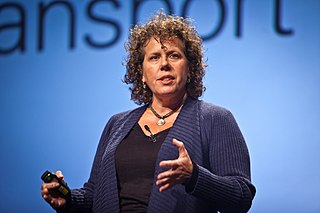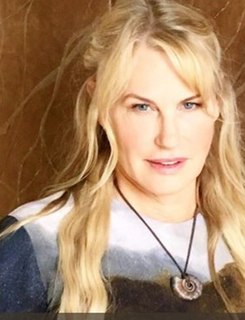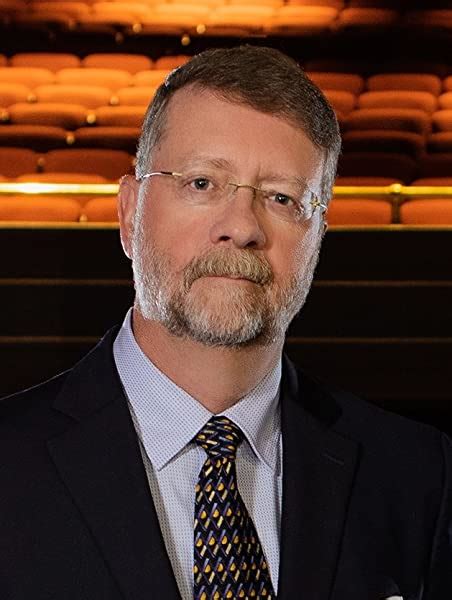A Quote by Lisa Gansky
Access to goods, services & talent triumphs over ownership
Related Quotes
I have read a great deal of economic theory for over 50 years now, but have found only one economic "law" to which I can find NO exceptions: Where the State prevents a free market, by banning any form of goods or services, consumer demand will create a black market for those goods or services, at vastly higher prices. Can YOU think of a single exception to this law?
Free election of masters does not abolish the masters or the slaves. Free choice among a wide variety of goods and services does not signify freedom if these goods and services sustain social controls over a life of toil and fear – that is, if they sustain alienation. And the spontaneous reproduction of superimposed needs by the individual does not establish autonomy; it only testifies to the efficacy of the controls.
As we move toward the pluralist commonwealth, economic interventions that stabilize communities - for instance by localizing the flows of goods and services or by promoting worker ownership - not only have immediate practical benefits but provide the necessary preconditions for the growth and development of a renewed culture of sustainable democracy that can serve as the basis for still further transformations at larger scales.
































